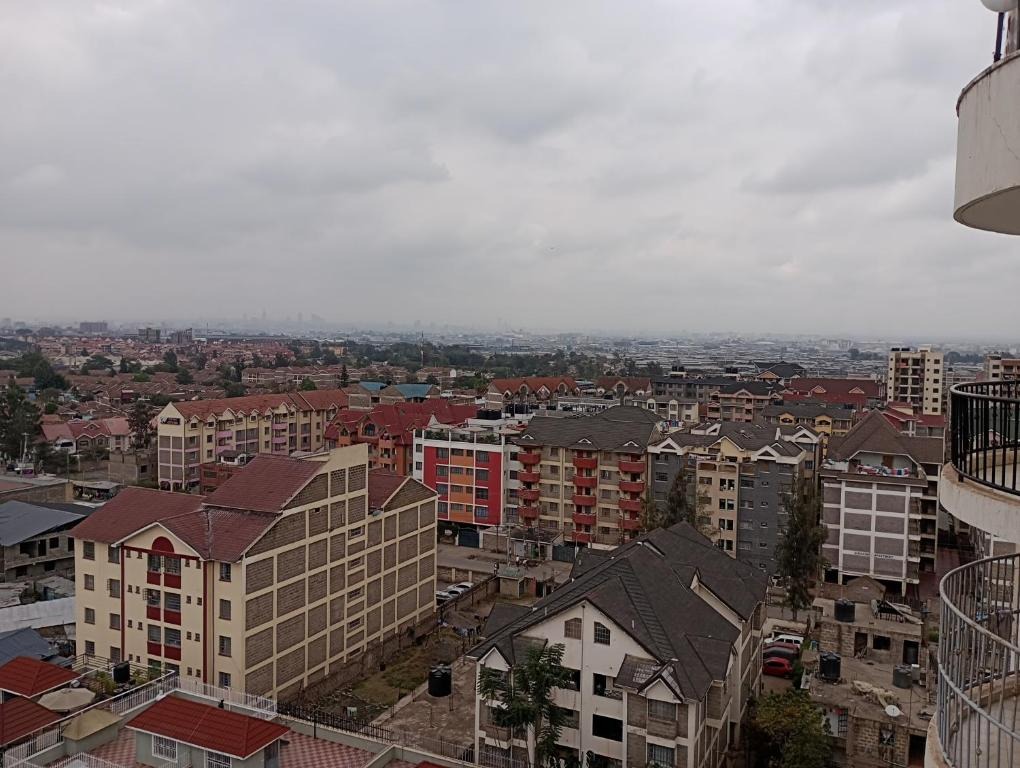Property rights and land tenure systems form the bedrock of real estate investment. Understanding these elements is crucial for investors looking to navigate the complex landscape of real estate markets globally. The implications of these systems are profound, influencing everything from investment security to market liquidity. This article delves into the nuances of property rights and land tenure systems and their impact on real estate investment.
The Foundation of Property Rights

Property rights refer to the legal ownership and control over land and buildings. These rights are crucial for ensuring that investors can securely purchase, use, and transfer property without undue risk. Strong property rights create a stable environment for investment, fostering confidence and encouraging long-term investment strategies. In contrast, weak or poorly enforced property rights can lead to disputes, expropriation, and financial losses, deterring investment and stunting market growth.
Land Tenure Systems Explained

Land tenure systems define the way land is owned, managed, and used. These systems vary significantly across different countries and cultures, shaping the legal and social context of land use. Common types of land tenure include freehold, leasehold, communal, and state ownership. Each type has distinct characteristics and implications for investors.
Freehold: This system grants the owner full control over the land indefinitely. It is the most straightforward and secure form of tenure, making it highly attractive to investors.
Leasehold: In a leasehold system, land is leased from the owner for a specific period. While this provides use rights, the temporary nature can pose risks regarding renewal terms and potential changes in lease conditions.
Communal: Land is owned collectively by a community. This system can complicate investment due to the need for consensus among community members for any transaction.
State Ownership: The government owns and controls the land, leasing it to individuals or entities. This system can be stable if the government policies are clear and consistent but can also be risky if subject to political changes.
Security of Tenure and Investment Confidence
.
Security of tenure is paramount for attracting real estate investment. Investors need assurance that their property rights are protected against arbitrary dispossession or legal disputes. Secure tenure systems reduce investment risk, making it easier to obtain financing and plan long-term projects. Countries with robust legal frameworks that enforce property rights tend to attract more foreign direct investment in real estate.
Impact of Land Tenure on Market Dynamics
Land tenure systems significantly influence real estate market dynamics. Freehold systems typically foster active real estate markets with high liquidity and frequent transactions. Leasehold and state ownership systems may lead to less fluid markets due to restrictions on land use and transferability. Understanding these dynamics helps investors assess market potential and risks associated with different tenure systems.
Legal and Regulatory Frameworks
The legal and regulatory environment surrounding property rights and land tenure is a critical consideration for real estate investors. Countries with transparent, well-enforced property laws and efficient judicial systems provide a more predictable and secure investment climate. Conversely, countries with ambiguous laws, bureaucratic hurdles, or corrupt practices pose higher risks, potentially leading to legal disputes and investment losses.
Social and Political Factors
Social and political stability also play a vital role in the effectiveness of property rights and land tenure systems. Political instability or changes in government policies can lead to expropriation, changes in land use regulations, or increased taxation, all of which can adversely affect real estate investments. Investors need to stay informed about the political landscape and potential changes that could impact property rights.
Technological Advancements in Land Administration
Advancements in technology are transforming land administration systems. Digital land registries, blockchain technology, and geographic information systems (GIS) are enhancing transparency and efficiency in property transactions. These technologies help reduce fraud, streamline processes, and provide accurate records of land ownership, boosting investor confidence and facilitating smoother transactions.
Conclusion

Property rights and land tenure systems are foundational elements that significantly influence real estate investment. Understanding the intricacies of these systems enables investors to make informed decisions, mitigate risks, and capitalize on opportunities. Secure and well-defined property rights, supported by robust legal frameworks and stable political environments, create favorable conditions for real estate investment. As technology continues to advance, improving transparency and efficiency in land administration, the global real estate market is poised for further growth and innovation. Investors who grasp the implications of property rights and land tenure systems will be better equipped to navigate the complexities of the real estate market and achieve sustained success.







